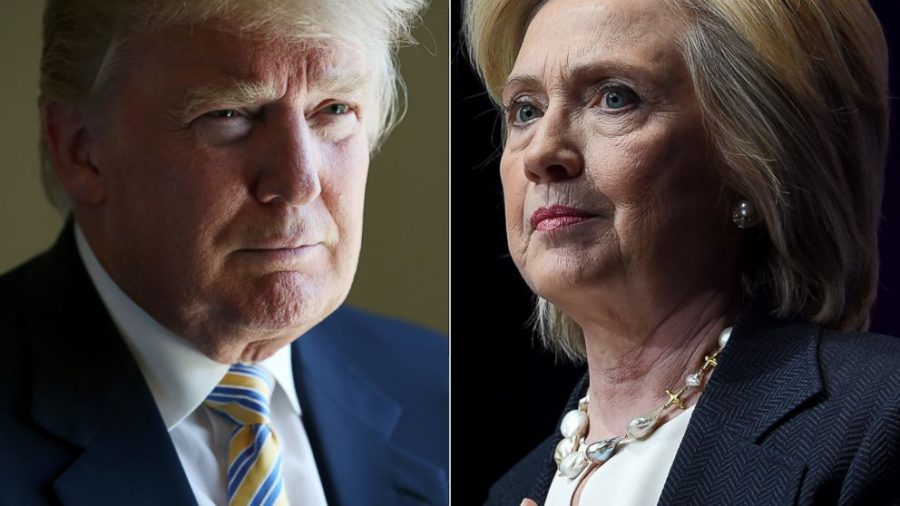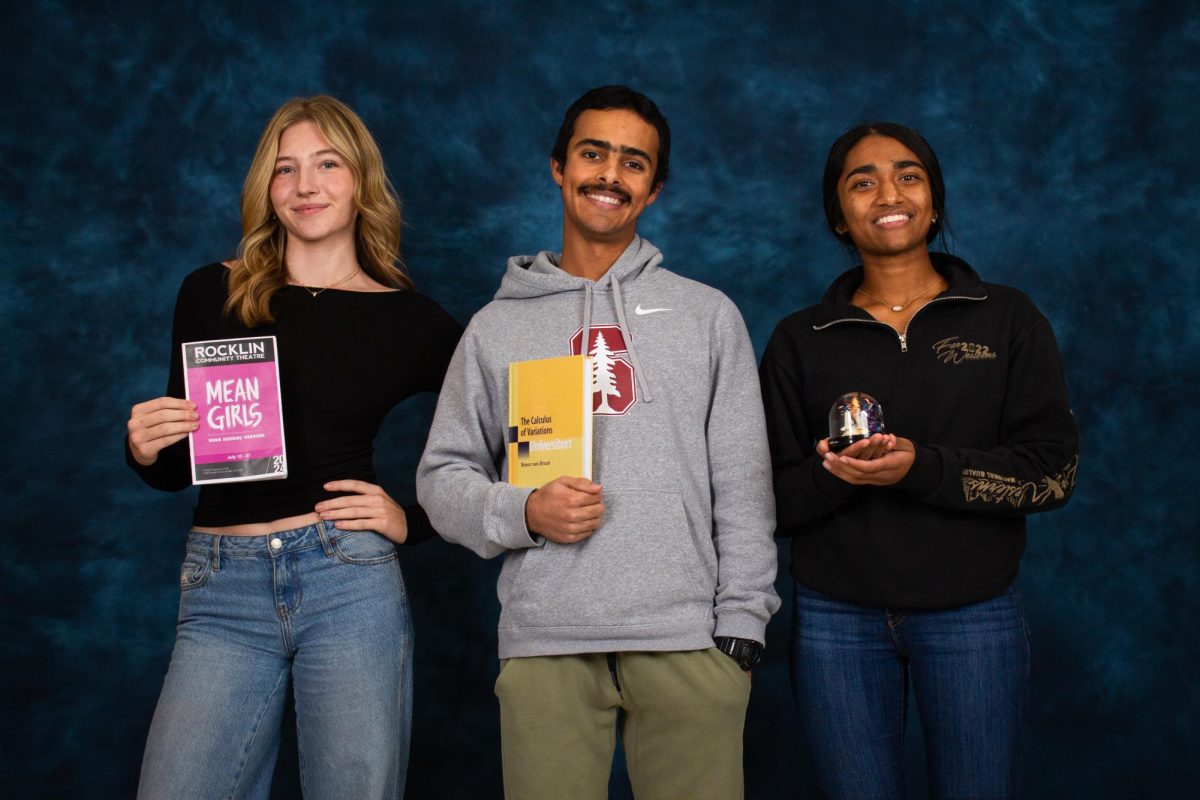American Political Polarization in Progress
The 2016 Election signals the growing divide in American politics.
September 6, 2016
As you may or may not be aware, the 2016 Presidential Election is a complete mess. While both campaigns reel from political scandals and candidates spew hateful rhetoric faster than they explain policy, it’s no wonder Americans are unsure of our nation’s political stability. But now the issue becomes how we got here and what this means for us.
According to Pew Research Center, American voter beliefs are falling more strictly along ideological lines as the number of consistently liberal and consistently conservative voters has doubled since 1994. This division has fostered “ideological silos,” or environments that sequester individuals from opposing viewpoints. 63% of conservatives and 49% of liberals indulge themselves in these “silos” and rarely expose themselves to differing values, ideas, or opinions.
This results in self-validating conversations with little variety of perspective. Individuals, communities, and states now rigidly conform their identities along political lines. 91% of Republicans and 86% of Democrats harbor unfavorable views of the opposing party. Identifying with a party has become just as important as identifying against a party. Political discourse among supporters rarely reaches beyond stereotypical party lines and fails to breach the growing animosity.
Moreover, as a society, we’re losing the ability to actively listen to others. A survey by the Pew Research Center of a sample of Americans shows our changing perspectives on what constitutes a “successful compromise.” Instead of a forging a middle ground, liberals and conservatives alike define a “successful compromise” as winning a majority of concessions for their party in the final solution. It’s less of seeking an appropriate and equally satisfying agreement and more about beating the other party.
As students, what can we do? Even though most of us can’t vote in this election, there are measures all of us can take to quell the effects of polarization on our lives. Columbia professor John Erskine argues that every citizen has the “moral obligation to be intelligent.” As democracy prospers off of the informed decisions of its citizens, the time we spend at Rocklin High School is building the foundation for our future civic duties.
Author Mark Bauerlein furthers Erskine’s point by pressing for intellectual leisure activities in the lives of American youth. Bauerlein argues that if “tradition survives only in the classroom… if knowledge doesn’t animate the young… it won’t [affect] their behavior when they’re old.” And he’s not wrong. If we aren’t challenged or engaged by our teachers and feel a motivation to discover and learn about our interests, how can we expect to inculcate these habits when we’re older? What service are we doing for our country?
While this campaign season may be a high-profile representation of the growing dissent in America, the outcome of this election won’t end the problem. It will take time, compromise, and knowledge to bridge the growing polarization in American politics.















